I did as she asked and wished her a good Sabbath. As I turned to leave, shesaid, "1 hope my grandchildren get here in time to say good-bye to me."
I think my face must have registered my shock at her matter-of-fact statementthat she knew she was dying, but I touched her hand and said that I hoped so, too.
As I felt the room, I almost collided with a young woman who looked to beabout twenty or so. She wore a long skirt, peasant-style, and her hair was covered.I heard Mrs. Cohen say, "Malka ! Im glad you could get here. Where is David? "
I had to continue on my rounds, but a part of me could not help wondering ifDavid would get there in time, too. Its hard for me to just deliver the candlesticksand leave, knowing that some of these patients are very sick, that some will proba-bly die, and that they are someones loved one. I suppose, in a way, each of theseladies reminds me of my mother when she was in the hospital, dying. I supposethats why I volunteer.
All during the Sabbath, thoughts of Mrs. Cohen and her grandchildren kept in-truding. On Sunday morning, I went back to the hospital to retrieve the candlesticks.As I approached Mrs. Cohens room, I saw her granddaughter sitting on the flooroutside her door. She looked up as she heard my cart approach.
"Please, "she asked, "could you leave the candlesticks for just a few morehours? "
I was surprised by her request, so she started to explain.
She told me that Mrs. Cohen had taught her and her brother, David, everythingthey knew about being religious. Their parents had divorced when they were veryyoung and both parents had worked long hours. She and her brother spent mostweekends with their grandmother.
"She made the Sabbath for us, "said Malka. "She cooked and cleaned andbaked and the whole house looked and smelled and was.., special in a way I canteven express. Going there was like entering a different world. My brother and Ifound something there that did not exist anywhere else for us. I dont know how tomake you understand what the Sabbath day meant for us——for all of us, Grand-mother, David and me——but it was a respite from the rest of our lives. It was won-derful and it brought David and me back to our religion. David lives in Israel now.He couldnt get a flight out before today. Hes supposed to be in around six, so ifyou could please leave the candlesticks until then, Ill gladly put them away afterthat."
展开

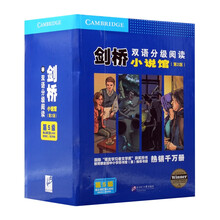
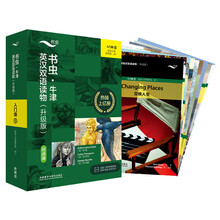





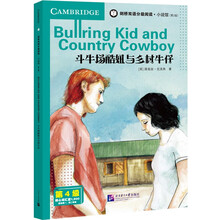
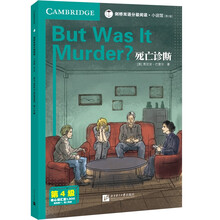
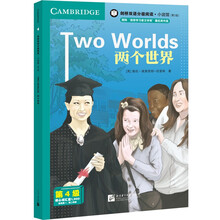
——北京大学东方文学研究中心特聘教授 方江文
现代人的生活节奏快,压力大,普通百姓又没有时间去看大部头的书籍,《心灵鸡汤》可以给你一份温情,让你在酷暑感到凉爽,在寒冬享受温暖,在春天播下爱的种子,在秋天收获勤奋的果实。我爱《心灵鸡汤》,像爱厨房里新端出的一盘青菜,餐桌上新烧出的一盆老豆腐。愿把《心灵鸡汤》奉献给你的家庭,换来孩子的健康成长,老人的欢声笑语。
——南开大学教授 王宏印
《心灵鸡汤》弘扬“真善美”,以“醒心”为己任。书中叙述的一段段人生经历能感动你,催你潸然泪下,因为那些事就发生在你身边,与你息息相关……失恋的人读之能重振对生活的信心,遭受病痛之苦的人读之似服灵丹妙药,孤独的人读之如沐“关怀”的春雨,丧失亲人者读之会感受到来白四面八方的慰藉……它是一扇窗户,让你了解世界:它是一座桥梁,连接你我他……
——苏州大学外国语学院教授 方华文
《心灵鸡汤》之所以能拨动人的心弦,是因为书中的话语全来自灵魂深处,是“肺腑之言”!人与人之间的隔阂与冷漠必须靠这种“真情”打破和消除——如此,人世间便会温情涌动、冰山消融……读了书中动人的故事,凡是有良知的人,其内心不可能不受到触动——《心灵鸡汤》之功大矣!
——商务印书馆《英语世界》主编 魏令查